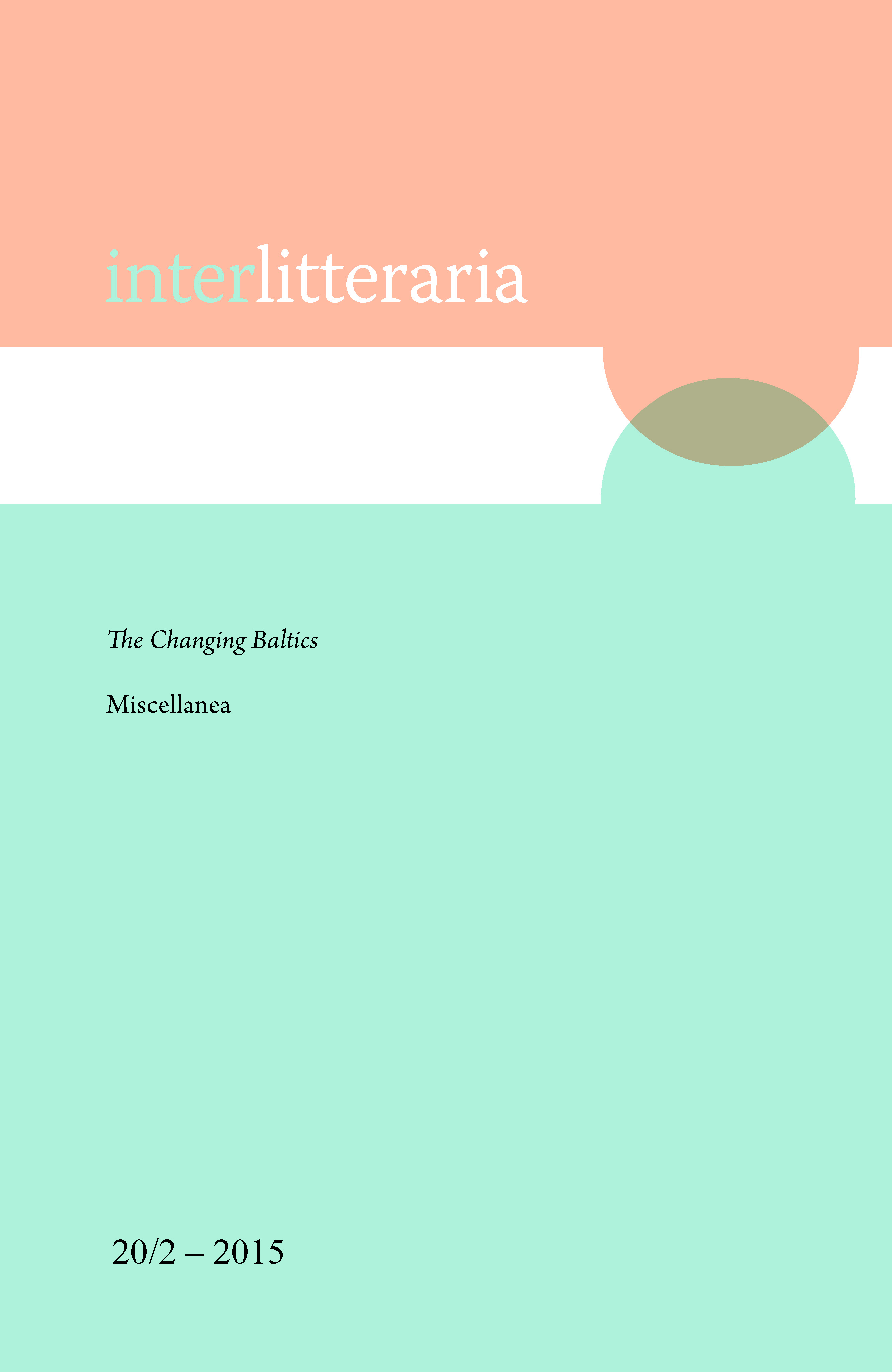On Parting, Separation and Longing in the Chinese Poetic Tradition
DOI:
https://doi.org/10.12697/IL.2015.20.2.10Keywords:
Chinese poetic tradition, friendship, parting, separation, longingAbstract
The article introduces two conventional themes, namely, parting and separation imbued with longing in the Chinese poetic tradition of the Tang period (618–907). It focuses on the interpretation of selected Tang poems written by the famous poets Wang Wei, Li Bai, Du Fu, Du Mu, Bai Juyi and Li Shangyin. Parting from an old friend, who was usually also a fellow official at the court in the then capital Chang’an (now Xi’an), was a common occasion for versification. More than half of the poems presented and discussed in the article illustrate this poetic genre, since the cult of friendship played an important role in everyday life in traditional China.
In addition to parting poems, the article deals also with the second conventional theme: separation and longing between husband and wife. This topic, too, was often transformed into poems expressing the helplessness and despair of one of the partners due to a long-time absence of the other. Despite all the suffering, there is always hope of a reunion eventually.
Both groups of poems are permeated with feelings of sadness and melancholy embodied in a simple, yet elegant language. Linguistic simplicity is a significant feature of the traditional Chinese poetry which culminated in the Hight Tang, i.e. in the eighth century.
Downloads
References
Downloads
Published
Issue
Section
License
The contents of Interlitteraria are published under CC BY-NC-ND licence.


